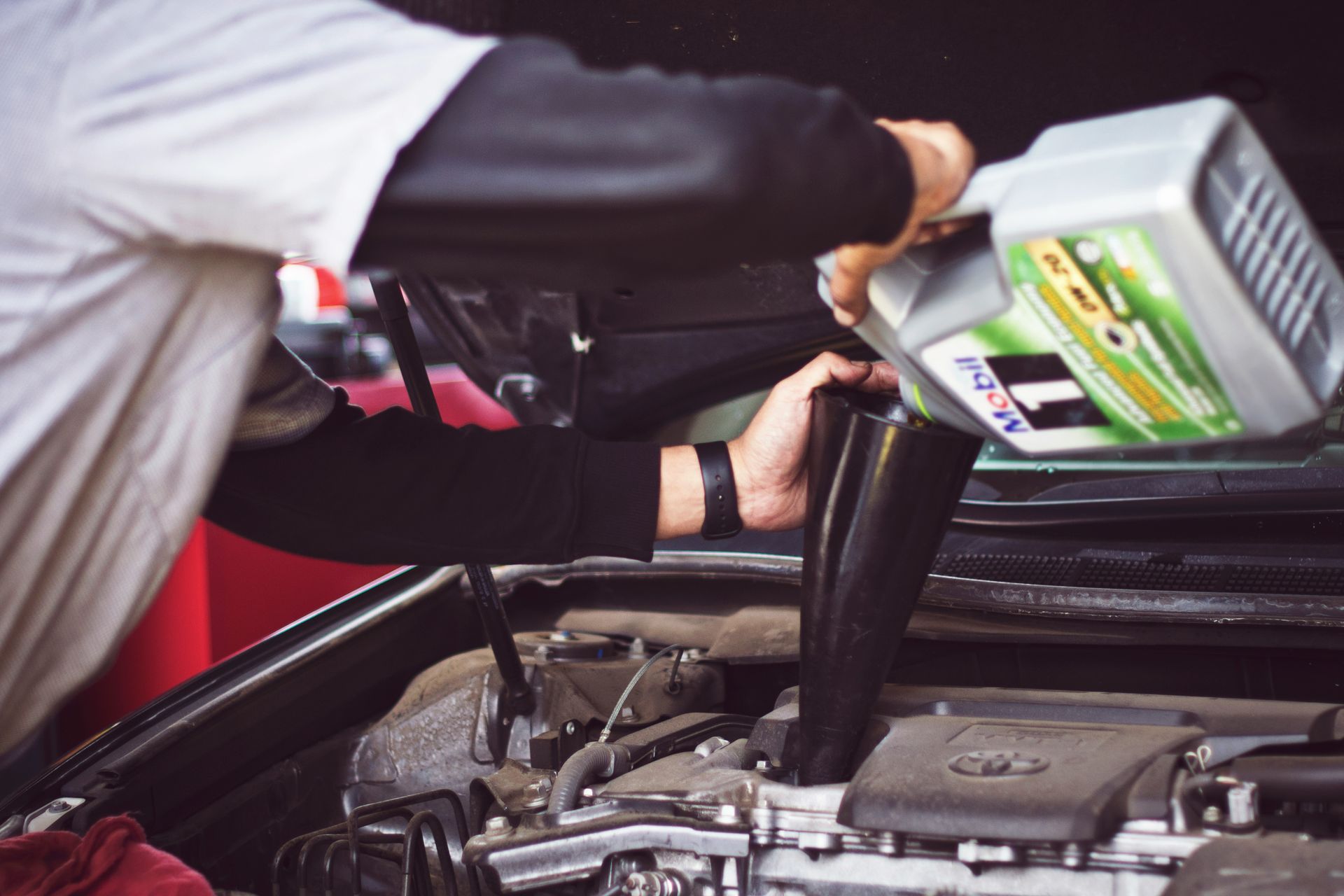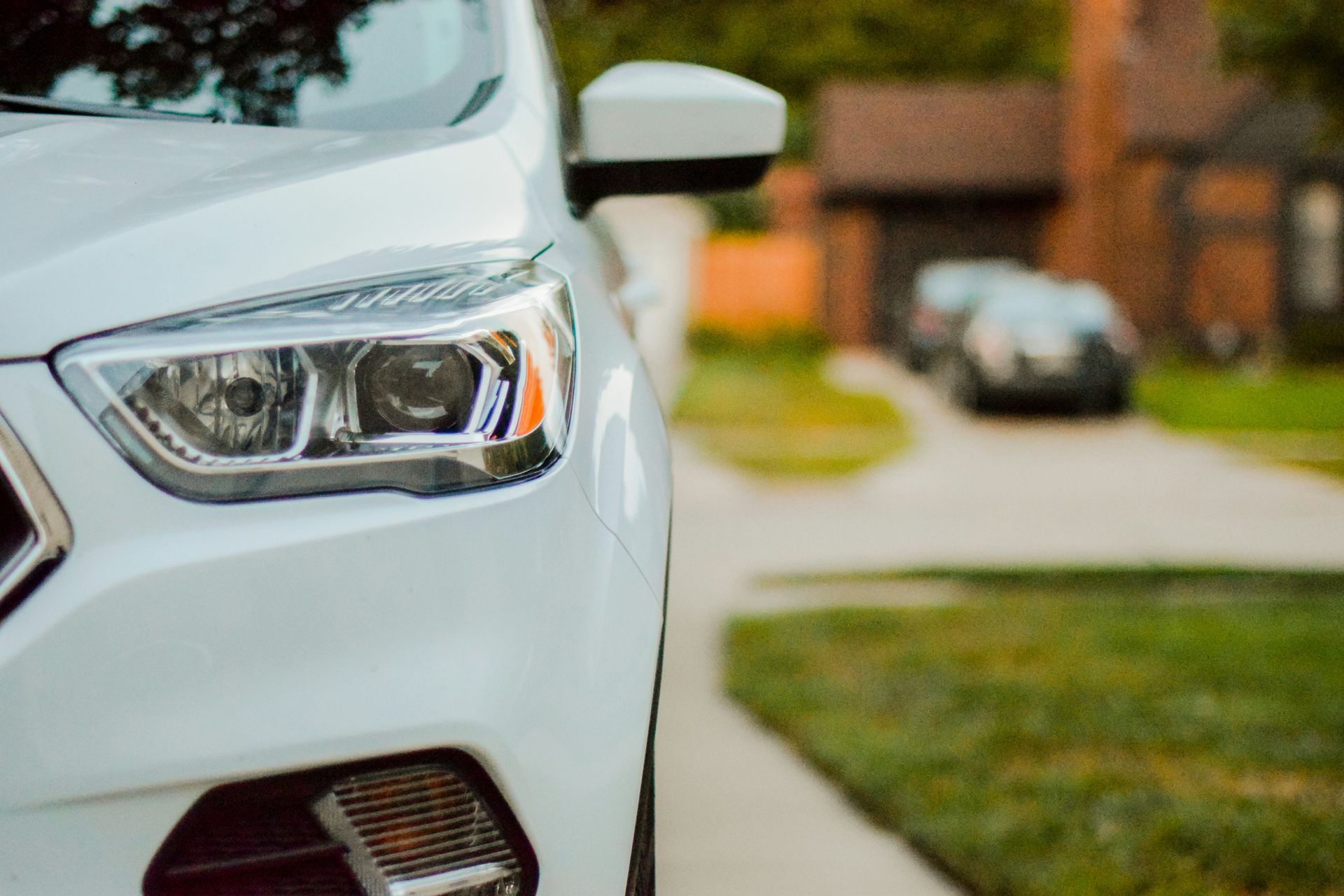Car Insurance Jargon Buster
Approved Repairer – A repair centre which has been credited to carry out work on your vehicle by your insurance company. Do remember that you don’t have to use one of your insurance company’s approved repairers and have the right to take your vehicle to a repair centre of your choice.
Comprehensive Cover – The highest level of car insurance coverage, often referred to as ‘fully comp’. With this cover, you’re protected for accidental damage, fire and theft. Some policies also offer cover for medical expenses and damage to personal effects in the car, although please note that policies vary between insurers and you must check this before purchase.
Compulsory Excess – A fixed amount you have to pay when making a claim on your car insurance policy. This amount is determined by your insurer and depends on different factors such as age and car type. This type of excess is set by your insurer and is non-negotiable.
Fault Claim – Usually, this results from an accident where you are to blame or where the insurance company can’t recover the costs from somebody else, for example where the other driver is not insured or cannot be traced.
Fronting – Where a driver declares to a car insurance company that they are the named driver, but someone else is actually the main user of the car.
Insured Value – The total amount that the insurance company will pay out for your car if it’s deemed a total loss, or beyond economical repair.
Modifications – Any changes made to your vehicle which alters the way it looks, behaves or performs. Any alteration made to your vehicle should be declared to your insurer and could impact your premium. You should consider phoning your insurance company before making the changes.
Non-Fault Claim – A claim where your insurer is able to recover the cost of the claim from someone else, usually the person who is to blame for the accident or damage.
No Claims Discount – You receive a years’ no claims discount for each year you drive without making a claim on your insurance policy, subject to an overall maximum. The discount then reduces the cost of your car insurance premium at renewal.
Protected No Claims Discount – If you need to make a fault claim on your car insurance, you may be deemed a higher risk driver in the eyes of your insurer, and this may result in an increase in your premium for the following year. It would therefore be wise to protect your no claims discount, as this means that even if you are considered an increased risk, you will still benefit from an element of no claims discount in future years.
Third Party, Fire and Theft – Insures you against fire, theft or damage to your car if it’s stolen, or any damage you cause to other people and their property.
Third Party Only – This is the minimum level of car insurance required by law. It usually only covers any damage you cause to other people and their property.
Voluntary Excess – The amount you are willing to pay towards the cost of a claim. Usually, the higher the voluntary excess, the lower the regular premium. This is paid on top of compulsory excess.
Visit the Advice Centre for more information, or just give us a call!












